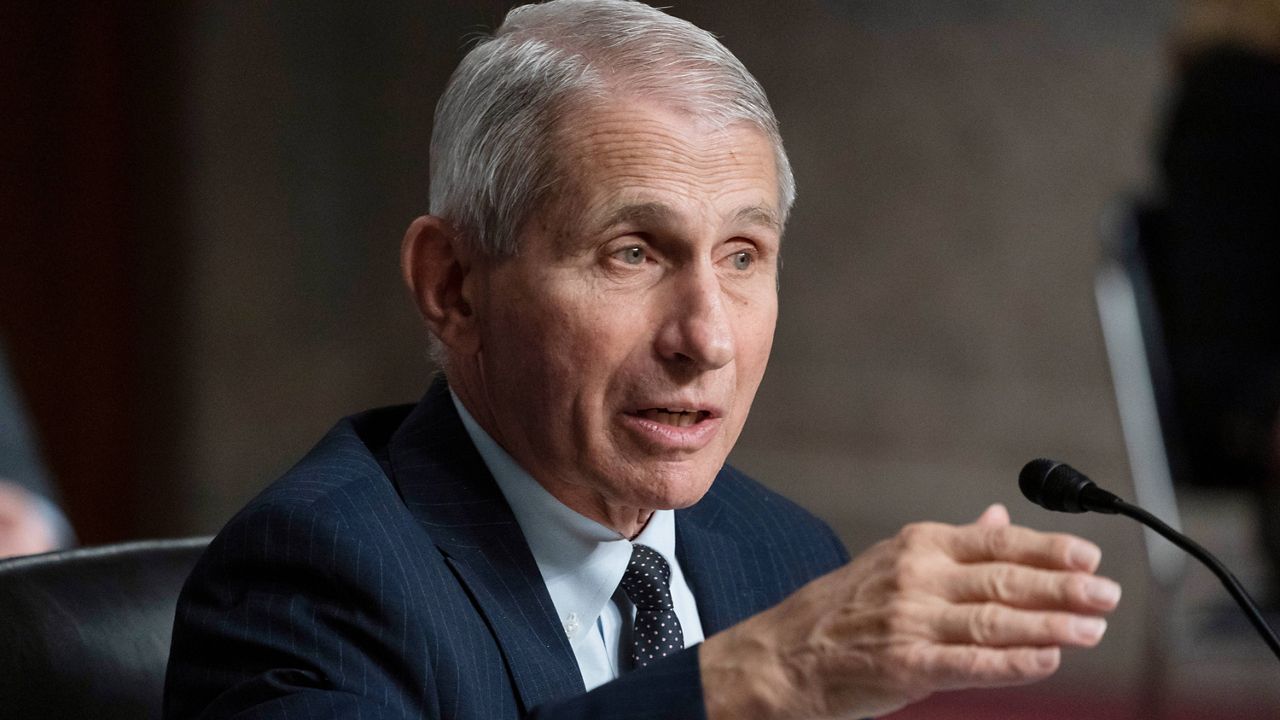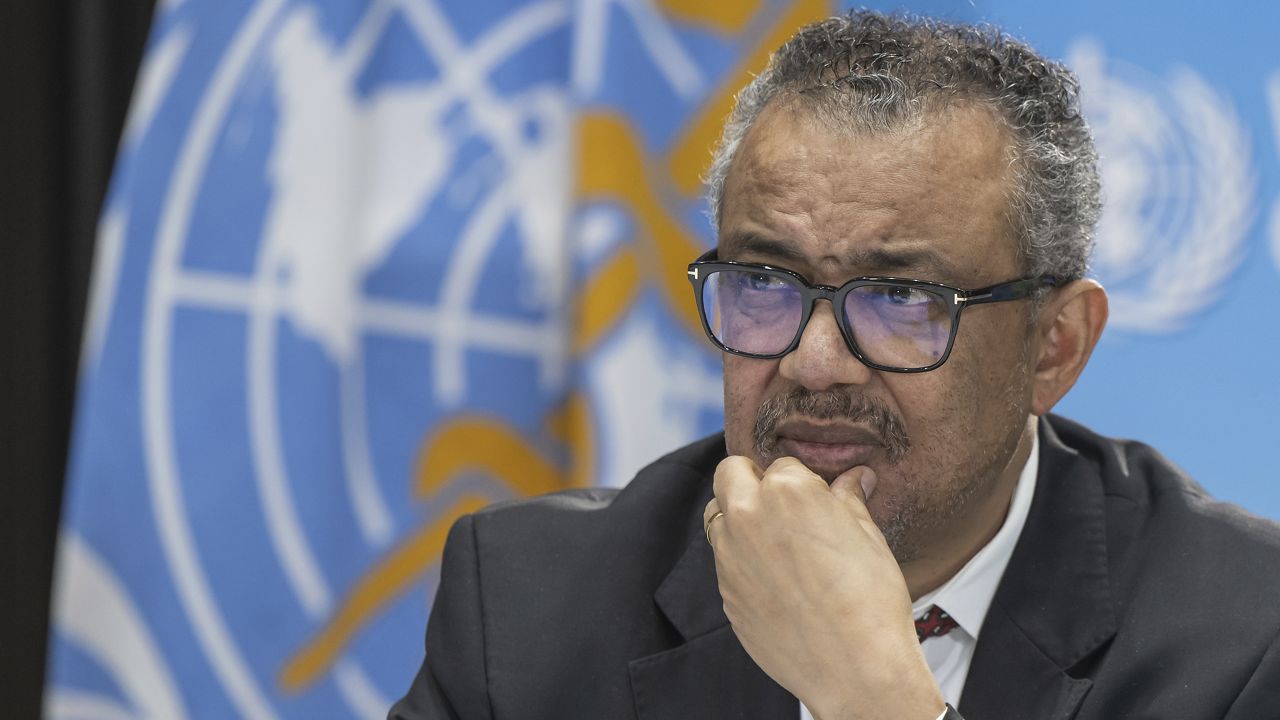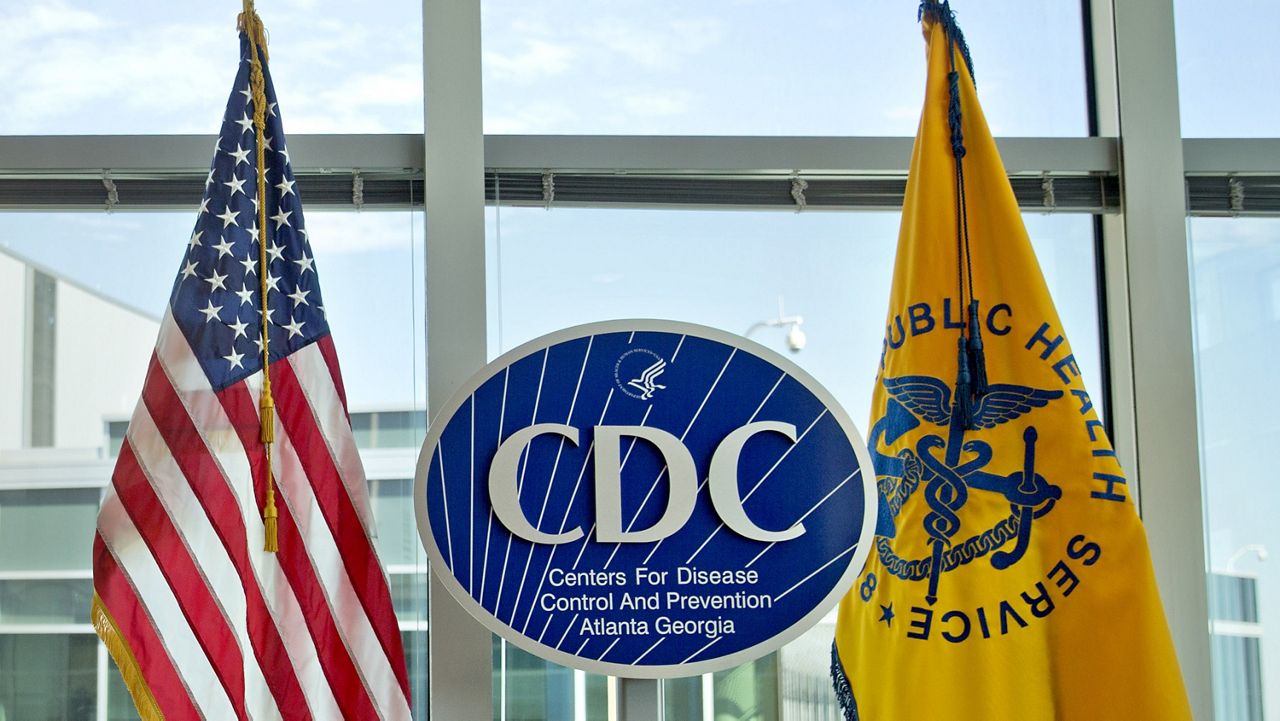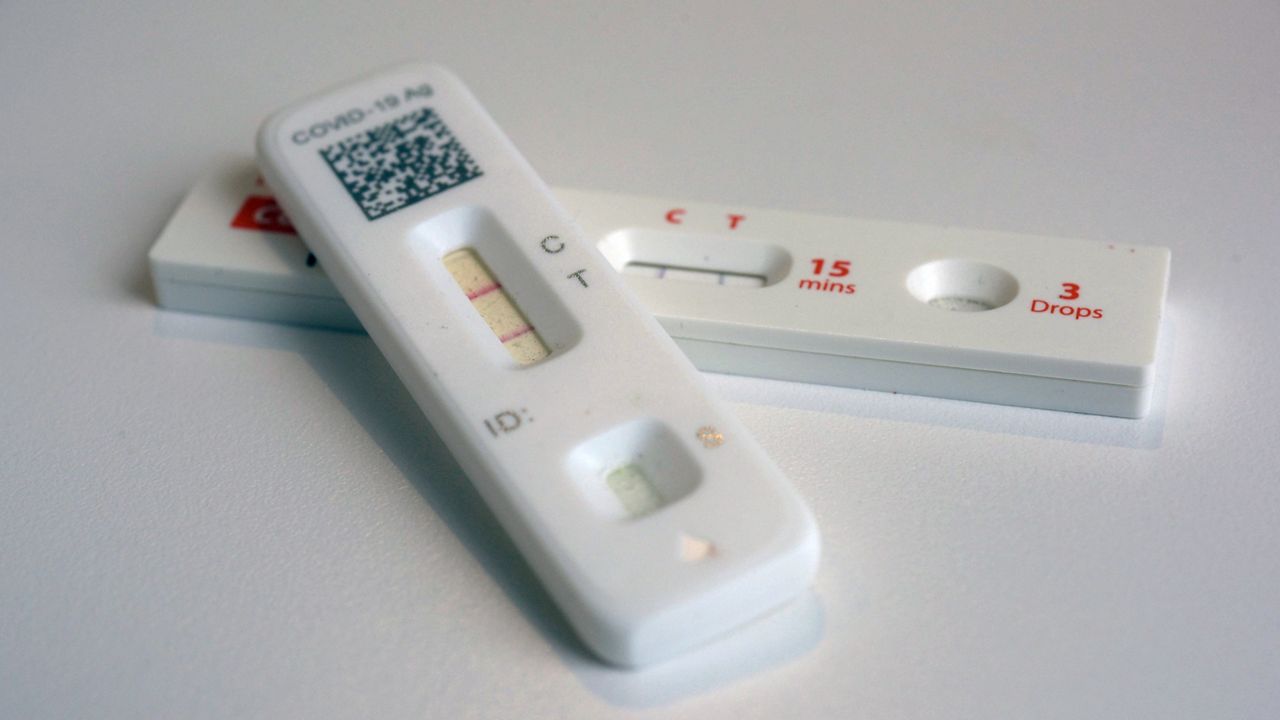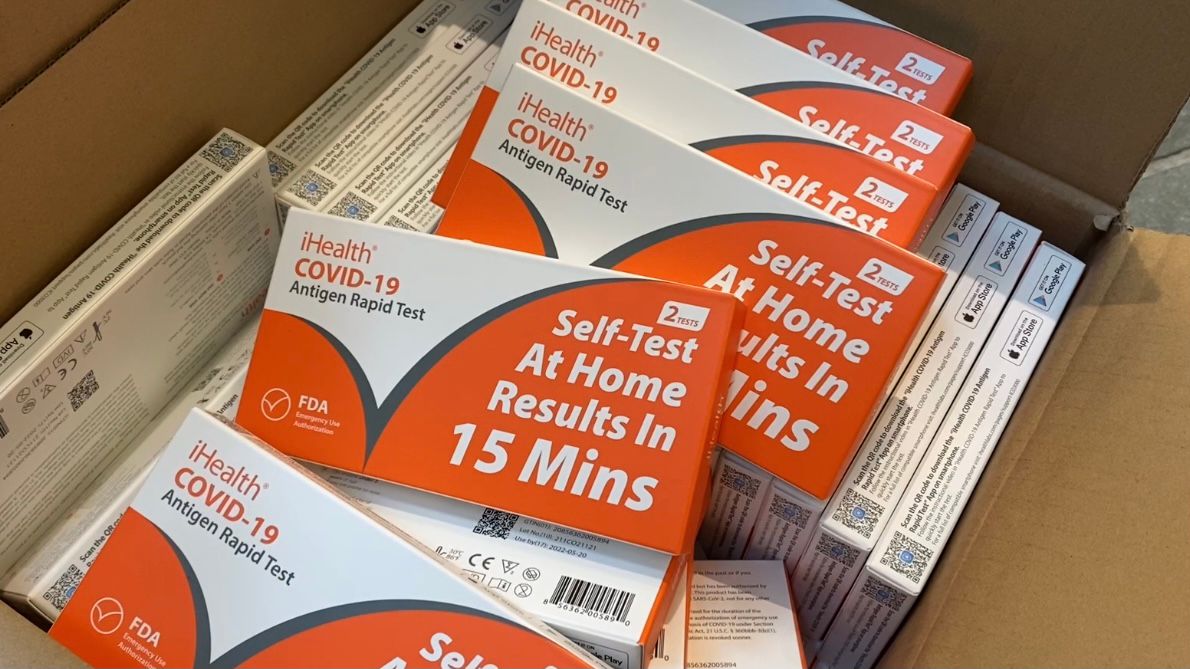Dr. Anthony Fauci, the federal government’s top infectious disease expert, says he’s experiencing the mysterious phenomenon known as “COVID rebound,” which has been linked to the oral treatment Paxlovid.
What You Need To Know
- Dr. Anthony Fauci, the federal government’s top infectious disease expert, says he’s experiencing the mysterious phenomenon known as “COVID rebound,” which has been linked to the oral treatment Paxlovid
- On June 15, the National Institutes of Health announced Fauci, director of the National Institute of Allergy and Infectious Diseases and President Joe Biden’s chief medial adviser, tested positive for COVID-19
- During a remote interview with the Foreign Policy Global Health Forum on Tuesday, the 81-year-old doctor revealed his setback and said he began taking a second course of Paxlovid
- The CDC issued a health advisory about “the potential for recurrence of COVID-19," but the agency continues to recommend the drug for early-stage treatment of mild to moderate COVID
According to the Centers for Disease Control and Prevention, the recurrence of COVID-19 symptoms or a new positive test after testing negative have been reported two to eight days after a patient initially recovers from the coronavirus following Paxlovid treatment.
On June 15, the National Institutes of Health announced Fauci, director of the National Institute of Allergy and Infectious Diseases and President Joe Biden’s chief medial adviser, tested positive for COVID-19.
During a remote interview with the Foreign Policy Global Health Forum on Tuesday, the 81-year-old doctor revealed his setback and said he began taking a second course of Paxlovid.
Fauci said he recovered from his initial bout with the virus and tested negatives for three days before testing positive again on the fourth day last week.
“And then over the next day or so, I started to feel really poorly, much worse than in the first go-around,” Fauci said Tuesday. “So I went back on Paxlovid, and right now I am on my fourth day of a five-day course.
“Fortunately, I feel reasonably good,” he added. “I mean, I'm not complete(ly) without symptoms, but I certainly don't feel acutely ill.”
Paxlovid, which was developed by Pfizer and received emergency use authorization from the Food and Drug Administration in December 2021, is administered to nonhospitalized, symptomatic patients who are at risk of developing severe disease.
A single dosage of Paxlovid is actually three pills: two 150-milligram tablets of nirmatrelvir and one 100-mg tablet of ritonavir. Nirmatrelvir is designed to block an enzyme the coronavirus needs to replicate, while the ritonavir helps slow the breakdown of nirmatrelvir so that it can remain active in the body longer.
Pfizer’s clinical trial found the treatment to be to be 89% effective against hospitalization and death when taken within three days of developing symptoms, and 88% effective within five days.
But in May, the CDC issued a health advisory about “the potential for recurrence of COVID-19.” The agency said the relapse “may be part of the natural history of SARS-CoV-2 (the virus that causes COVID-19) infection in some persons, independent of treatment with Paxlovid and regardless of vaccination status.”
The CDC said there were no reports of COVID rebound leading to severe disease. It also says there’s no evidence people who have a recurrence of symptoms or test positive again need an additional course of Paxlovid.
It’s also rare. Researchers at the Mayo Clinic found less than 1% of patients at high risk for severe COVID-19 who were treated with Paxlovid experienced a second bout.
“Paxlovid continues to be recommended for early-stage treatment of mild to moderate COVID-19 among persons at high risk for progression to severe disease,” the May CDC advisory said.
Health officials say anyone who experiences COVID rebound should isolate again for at least five days.
A study conducted by researchers at the University of California San Diego School of Medicine, published last week in the journal Clinical Infectious Diseases, evaluated one patient with COVID rebound and determined the relapse is not associated with the virus developing resistance to the treatment. The scientists instead believe it’s a result of insufficient exposure to Paxlovid, which they suggested could be related to the drug being metabolized more quickly in some people or needing to be delivered over a longer duration of time.
Ryan Chatelain - Digital Media Producer
Ryan Chatelain is a national news digital content producer for Spectrum News and is based in New York City. He has previously covered both news and sports for WFAN Sports Radio, CBS New York, Newsday, amNewYork and The Courier in his home state of Louisiana.




